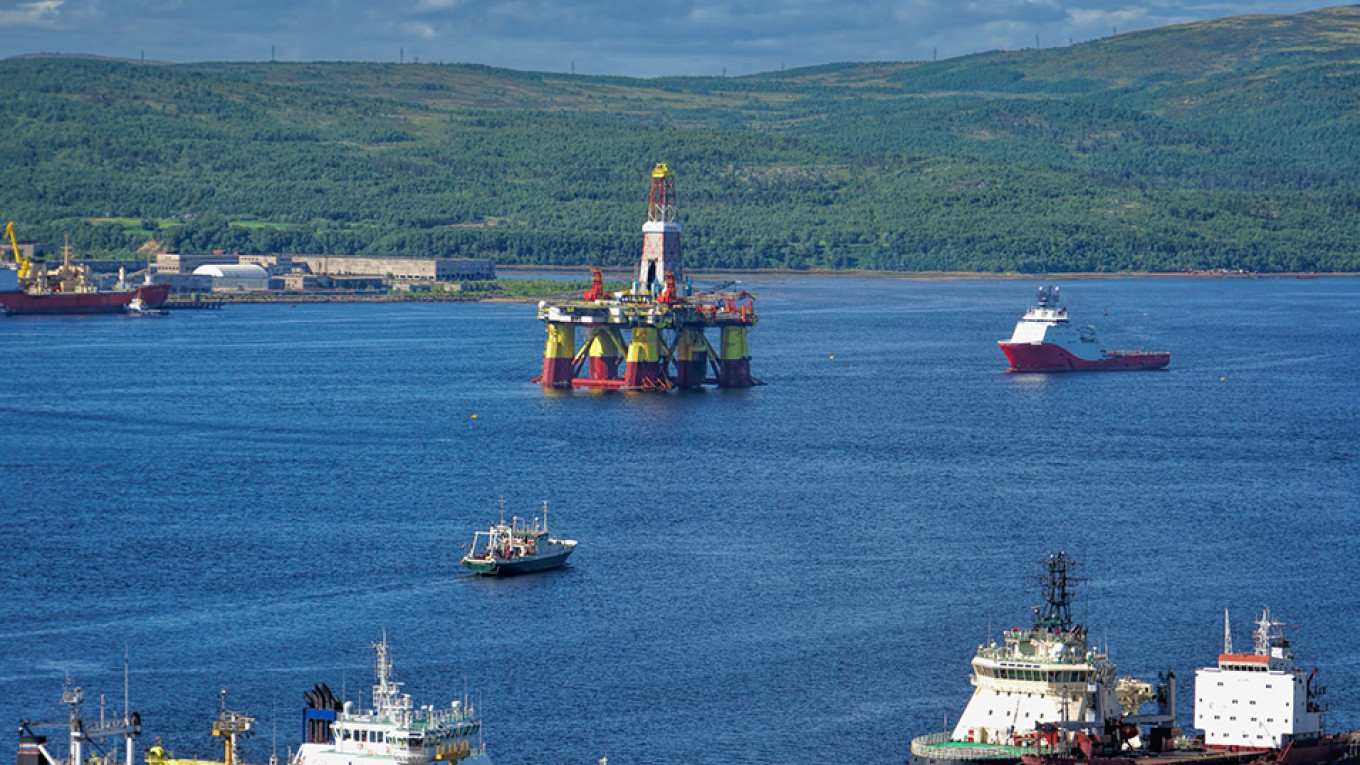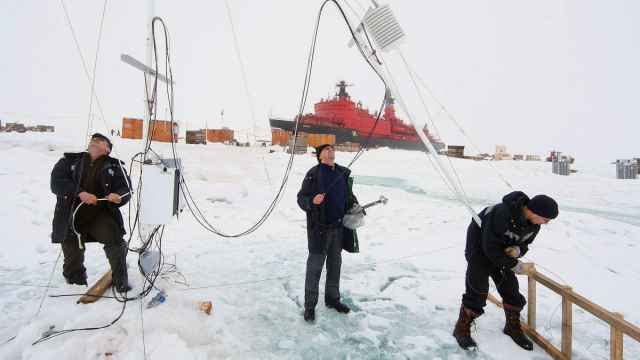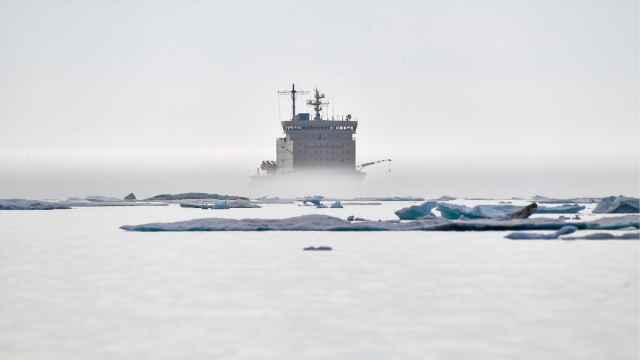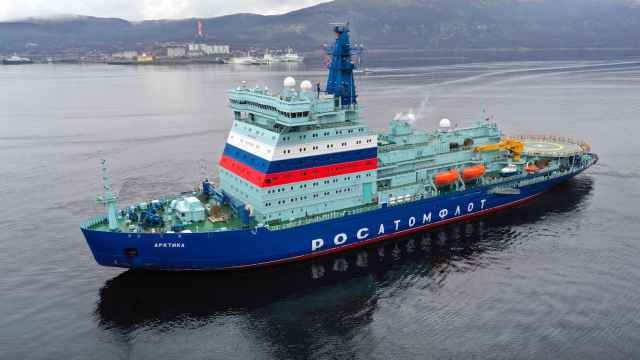Chinese gas drilling rig the Nan Hai Ba Hao, in cooperation with Russia’s Gazprom, has found a large natural gas deposit in the Kara Sea, bringing the total it has identified in the area over the past decade to more than 1.2 trillion cubic meters.
The rig, which weighs 15,469 metric tons has been transported from the South China Sea to the Russian Arctic two years in a row.
In 2017, it drilled in the Leningradskoye license area of the Kara Sea, and the following year in the nearby Rusanvoskoye area.
Gazprom has confirmed that the Rusanvoskoye drilling discovered 390.2 billion cubic meters of gas. The discovery has been named after Soviet Energy Minister Vassily Dinkov and is located about 100 kilometers off the west coast of the Yamal Peninsula.
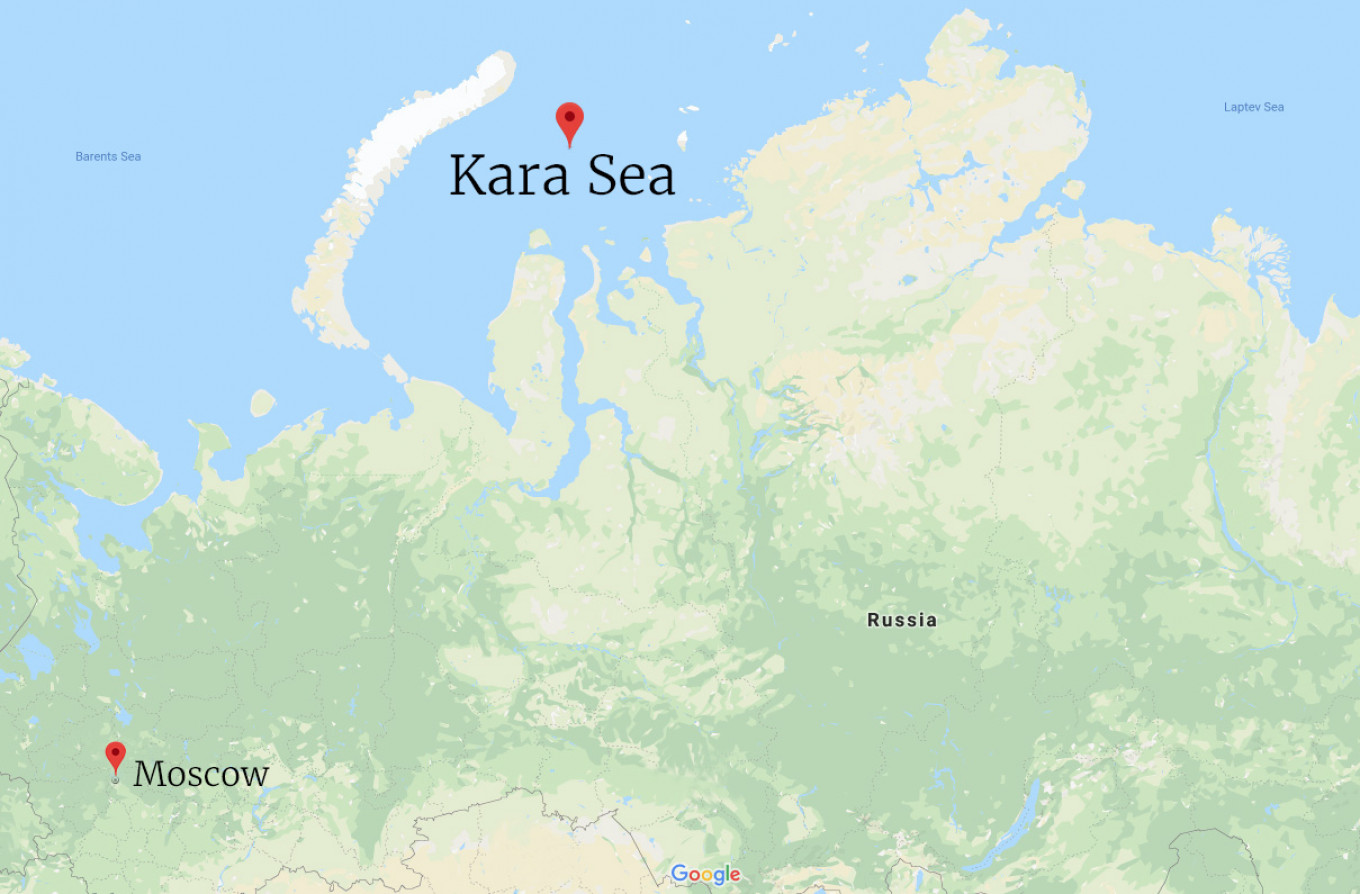
The Nan Hai Ba Hao is owned by the China Oilfield Service Limited.
The rig will be back in Russian Arctic waters in 2019, according to the Northern Sea Route administration.
Gazprom’s Arcticheskaya and Amazon rigs have also been active in the Kara Sea, in the Nyarmeysky and Severo-Obskoye license areas. Both rigs are owned by Gazprom subsidiary Gazprom Flot.
According to Gazprom, drilling in the Nyarmeysky plot revealed a total of 120.8 billion cubic meters. The Severo-Obskoye structure holds more than 300 billion cubic meters, license holder Novatek has said.
The discoveries offshore in the Kara Sea come as both Gazprom and Novatek are in the process of making unprecedented field developments in the nearby Yamal Peninsula.
Gazprom operates the Bovanenkovo field and will, in 2023, launch production at the Kharasavey field. Novatek is operator of the Yamal liquified natural gas (LNG) project and is in the process of developing the Arctic LNG 2 project.
A Message from The Moscow Times:
Dear readers,
We are facing unprecedented challenges. Russia's Prosecutor General's Office has designated The Moscow Times as an "undesirable" organization, criminalizing our work and putting our staff at risk of prosecution. This follows our earlier unjust labeling as a "foreign agent."
These actions are direct attempts to silence independent journalism in Russia. The authorities claim our work "discredits the decisions of the Russian leadership." We see things differently: we strive to provide accurate, unbiased reporting on Russia.
We, the journalists of The Moscow Times, refuse to be silenced. But to continue our work, we need your help.
Your support, no matter how small, makes a world of difference. If you can, please support us monthly starting from just $2. It's quick to set up, and every contribution makes a significant impact.
By supporting The Moscow Times, you're defending open, independent journalism in the face of repression. Thank you for standing with us.
Remind me later.


